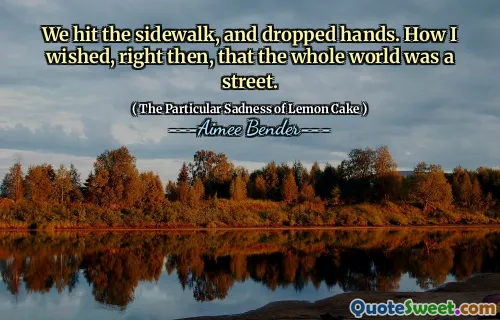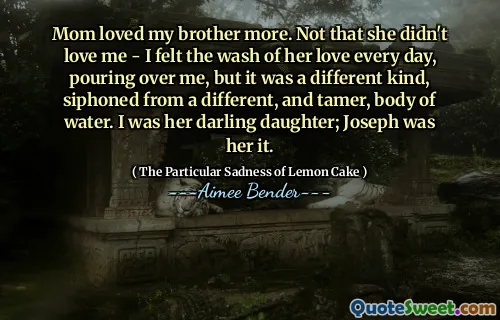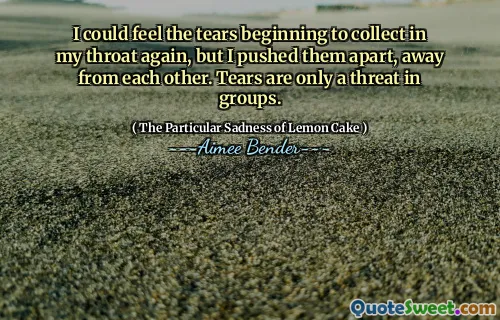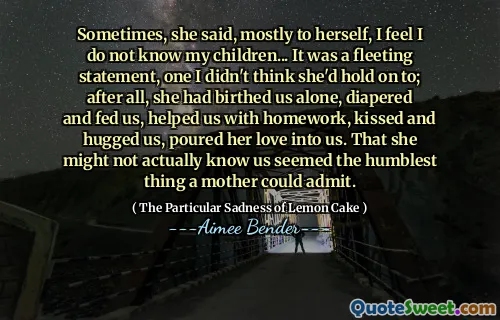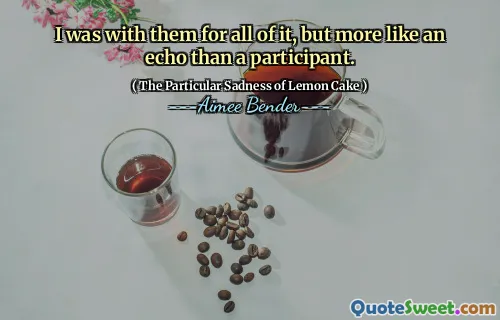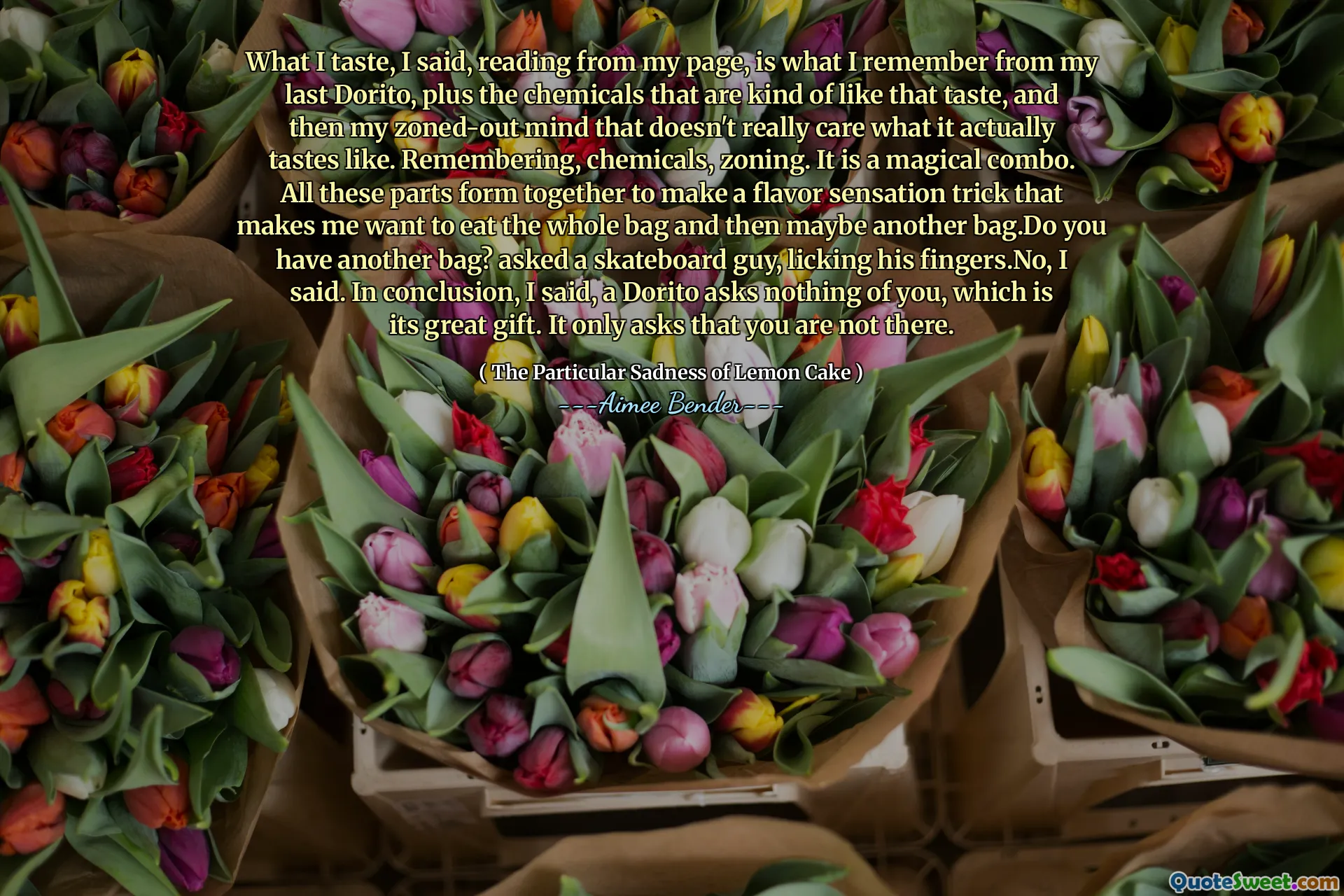
What I taste, I said, reading from my page, is what I remember from my last Dorito, plus the chemicals that are kind of like that taste, and then my zoned-out mind that doesn't really care what it actually tastes like. Remembering, chemicals, zoning. It is a magical combo. All these parts form together to make a flavor sensation trick that makes me want to eat the whole bag and then maybe another bag.Do you have another bag? asked a skateboard guy, licking his fingers.No, I said. In conclusion, I said, a Dorito asks nothing of you, which is its great gift. It only asks that you are not there.
The passage reflects on the experience of tasting a Dorito, emphasizing how memory, artificial flavors, and a distracted mind combine to create a unique taste sensation. The narrator realizes that their enjoyment doesn’t stem from the chip itself, but rather from the recollection of past experiences and the chemicals that mimic those sensations. This interplay between remembering and zoning out forms a compelling reason to indulge, highlighting how familiar flavors can evoke strong desires for more.
The interaction with a skateboarder seeking another bag reinforces the idea that Doritos offer a carefree indulgence—one that demands little attention or thought. This aspect of the snack, as the narrator concludes, is its true charm: it asks nothing from the eater but to let go and enjoy the moment, capturing the essence of simple pleasure without responsibility.

